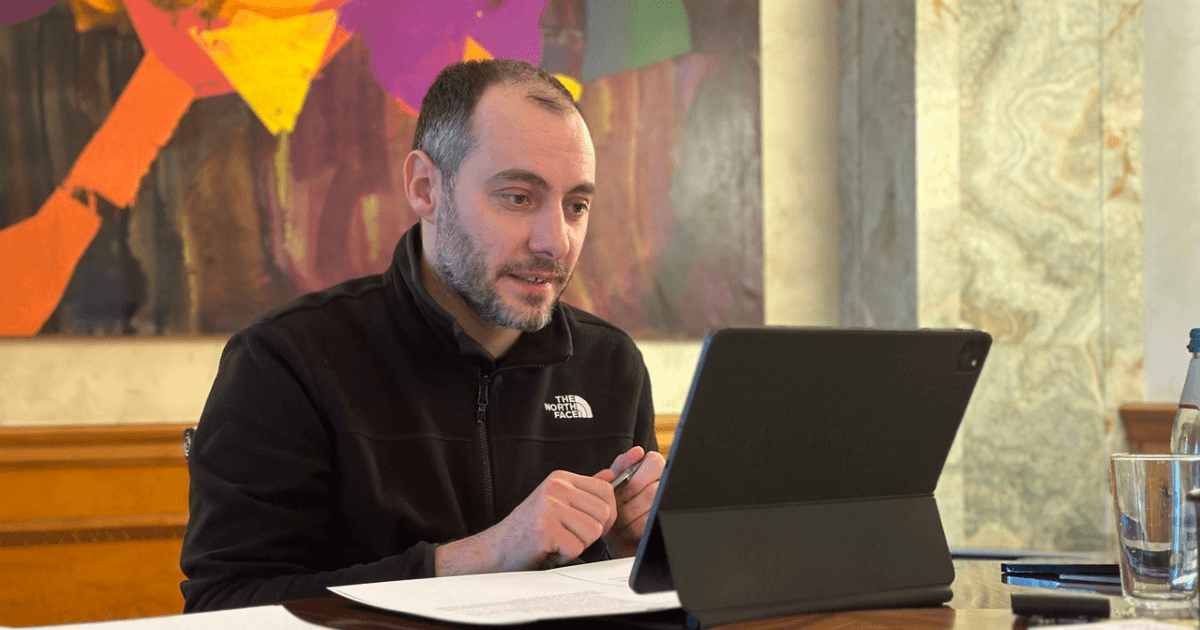
The eighth meeting of the Multi-Donor Coordination Platform Steering Committee was held with the participation of Oleksandr Kubrakov, Deputy Prime Minister for Restoration of Ukraine - the Minister for Communities, Territories, and Infrastructure Development of Ukraine. The Republic of Korea, Sweden, the Netherlands, and Norway have now officially joined the platform, alongside representatives of the G7 countries and the European Commission.
The results of Ukraine's restoration efforts in 2023 and priorities for 2024 were presented at the meeting. Mr. Kubrakov noted that Ukraine continues to fulfill its commitments to joining the EU.
Reforms under the Ukraine Plan associated with the Ukraine Facility program of the European Commission were prepared. Transparent and accountable restoration is ensured through the implementation of digital tools, including the DREAM restoration ecosystem for accountable management, which already contains 2000 projects from different regions of the country.
DREAM creates a single "digital path" for all projects, with the ability to receive data at each stage of implementation, allowing civil society and donors to monitor restoration projects in real time according to the "everyone sees everything" principle.
-I am grateful to all the members of the Multi-Donor Coordination Platform for their support and assistance in rebuilding Ukraine. I want to welcome our new members and observers. Expanding this platform is an essential symbol of our partners and neighbors' broad support for restoration. We are working on implementing critical restoration projects that will increase economic resilience and our infrastructure, expand our export potential, and improve the quality of life of Ukrainians, - emphasized Oleksandr Kubrakov, Deputy Prime Minister for Restoration of Ukraine.
The key results of the restoration include:
- more than 3,800 apartment buildings and 19,000 private houses;
- more than 400 schools and 200 kindergartens;
- 400 medical and social protection institutions;
- 9200 critical infrastructure facilities;
- about 450 heat supply facilities and more than 200 water supply and sewage facilities.
In addition, over 2,000 km of roads have been repaired, 115 road bridges, about 26 km of railroad infrastructure, and 46 railway bridges have been restored. An unprecedented 145-kilometer-long water pipeline is nearing completion to provide drinking water to the areas affected by the Kakhovka hydroelectric power plant dam explosion.
The meeting identified priority areas for Ukraine's restoration and modernization in 2024.
These include:
- construction and restoration of damaged and destroyed housing, family orphanages, social assistance homes, etc;
- restoration and expansion of Ukraine's export potential through the development of roads, railways, river, and sea routes; decentralization of the energy system, and its protection, increasing its resilience and productivity;
- providing financial incentives and access to finance for the business sector, our farmers, and entrepreneurs; increasing the demining capacity;
- restoring and modernizing medical facilities, with a focus on rehabilitation and mental health support;
- ensuring conditions for safe and quality education, adequate school meals, construction, and repair of shelters, etc;
- providing equipment, resources, and communications for civil protection and emergency response services.
Each of these areas also requires the implementation of appropriate reforms in each of these sectors and the attraction of funding.
Deputy Prime Minister Oleksandr Kubrakov also called for close cooperation in the use of the russian federation's frozen assets to restore Ukraine. This issue is important both from the view of fairness and considering the total cost of the needs for the restoration and modernization of Ukraine.
